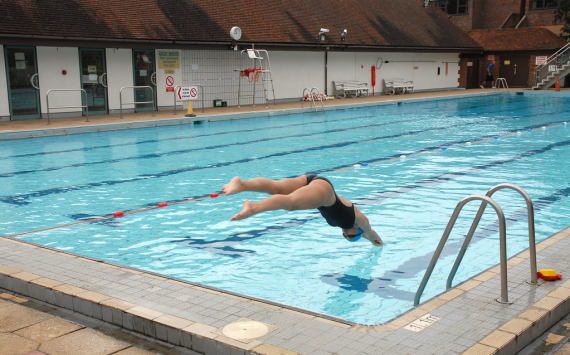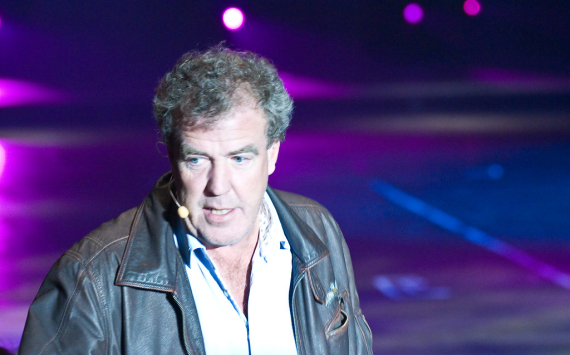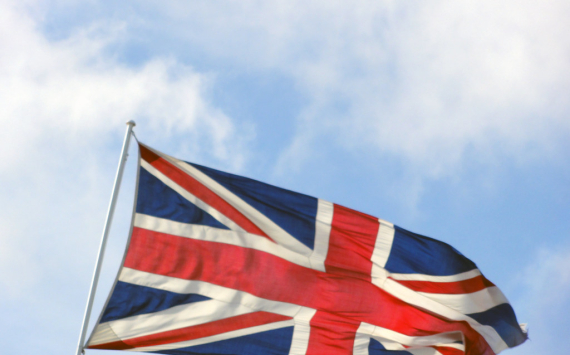
Economic crisis
Hundreds of sports and swimming complexes and gyms across the UK could close in the near future as the energy crisis escalates amid anti-Russian sanctions. This was reported by the Financial Times on Friday.
It is noted that in the light of skyrocketing energy prices, the owners of sports complexes in order to save money have begun to reduce the temperature in swimming pools and refuse to provide full lighting. Gym-goers were also advised to reduce their shower time after exercise.
Alex Wood, chief financial officer of PureGym said: "Even gyms without pools are not immune. Rising energy costs were a challenging backdrop for everyone right now."
Also, the publication emphasizes that in the light of the highest inflation in 40 years, fitness industry in the UK may be virtually destroyed by the end of this year. Experts point out that energy prices in the country have risen by 100-150% since 2019, leading to an accumulation of debt for fitness centres and threatening to result in their closure.
In particular, industry research shows that about 85% of owners of fitness centres will have to cancel a number of services in the next six months, and 63% will have to cut staff.
The newspaper reminds us that the UK fitness industry is in chronic trouble: before the coronavirus pandemic it was estimated that around half of the country's more than 4,000 swimming pools would close by 2030, according to a 2019 report by the trade association. The reason given for this development was the deterioration of facilities dating back to the 1960s.
Moreover, fears about the possible closure of many facilities are also expressed by fish restaurant owners in the UK.
Earlier Sky News TV channel reported that about a third of all fish and chips places in Britain could be closed because of disruptions in food supply chains. Entrepreneurs are already complaining about the need to raise prices, abandon a number of menu items and reduce portions.
It is stressed that about 40% of the country's total cod and haddock production comes from Russian suppliers. Moreover, potato fertiliser, which has tripled in price, also comes to the UK mainly from the Russian Federation.









































